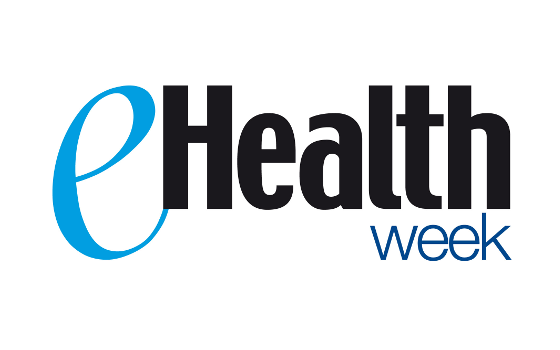 10 - 12 May 2017, Malta.
10 - 12 May 2017, Malta.The World Health Organization (WHO) Regional Office for Europe will be contributing to the program of eHealth Week in May 2017. The event, which is organised by the Maltese Ministry for Health - as part of the Maltese Presidency of the Council of the European Union - the European Commission, and HIMSS-CHIME Europe will focus on the overarching theme "Data for Health: The key to personalised sustainable care" and will particularly highlight the impact that data has on patients' and citizens' health.
eHealth Week 2017 will gather stakeholders from across the globe to address international hot topics and current challenges the health ecosystem is facing. The conference and exhibition will provide a platform for high-level decision-makers in the field of healthcare and IT to share valuable knowledge and exchange solutions.
Dr Claudia Stein, Director of the Division of Information, Evidence, Research and Innovation of WHO Regional Office for Europe, said: "We at WHO/Europe are delighted to be joining the eHealth week team for 2017 in Malta. Member States in the WHO European Region now conclusively view eHealth as a strategic tool for policy makers to improve national health information systems under the umbrella of the European Health Information Initiative which supports countries to achieve their goals of their national Health 2020 policies.
"We are especially pleased to have the opportunity to bring the public health and eHealth domains closer together and to build partnerships, exchange knowledge and stimulate innovation in Europe so that together we can realise the full potential that technology has to offer health."
Some of the topics which will be addressed during eHealth Week next May 2017 will include getting from policy to practice, as well as cross-border exchange of personal health data as the biggest challenge facing health and care professionals. The educational component of the conference will be divided in three different tracks and eHealth Week will feature an exhibition floor on which the industrial leaders of the sector will be presenting their latest innovations, products and solutions.
Dr Hugo Agius Muscat, Presidency Coordinator for eHealth Week 2017, said "Malta has a long-standing and fruitful relationship with WHO/Europe on matters regarding health policy. It is therefore very positive that WHO/Europe is building on this relationship and working closely with the Maltese Presidency and the European Commission in its greatest ever contribution to the content of eHealth Week."
"There is much commonality between the eHealth strategies of the Commission and WHO/Europe, and eHealth week delegates will benefit from a broad view of subjects of common interest such as the role of technology in health promotion and prevention of non-communicable diseases, the interoperability of health records across different care scenarios, the secondary use of health data for public health purposes, and support for mHealth."
Mr Miguel Gonzalez-Sancho, Head of Unit for eHealth, Ageing and Wellbeing in the Directorate General on Communications Networks, Content and Technology in the European Commission welcomed the participation of the WHO in the eHealth Week 2017. "WHO has a global expertise in the area of eHealth, and in particular on mHealth - an area of increasing importance and interest in Europe. I am happy for WHO using the opportunity to share their knowledge during the eHealth Week. This will also be an opportunity to identify areas for closer cooperation with the EU."
Christina Roosen, Vice President of Public Affairs at HIMSS Europe, said: "It is an absolute privilege for HIMSS-CHIME Europe to have the opportunity to work alongside the prestigious WHO and to have them bring their knowledge and expertise to eHealth Week. Their participation in the 2017 edition of the event will not only be addressing current eHealth issues for a European audience, but also a much wider global audience.
"The topics which will be openly discussed at eHealth Week really concern all of us and we look forward to having so many influential organisations in one place to increase the standards of universal healthcare and share knowledge and experiences amongst countries to accelerate eHealth implementation worldwide."
For further information, please visit:
http://www.ehealthweek.org